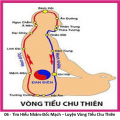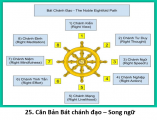No-Mind
Vô Niệm
English: D.T. Suzuki - Edited By: Christmas Humphreys
Việt ngữ: Thích Nữ Thuần Bạch
Compile: Lotus group
10. Vô Niệm - Thiền Tổ Sư – The Zen Of Hui neng: No-thought: No-Mind – Song ngữ
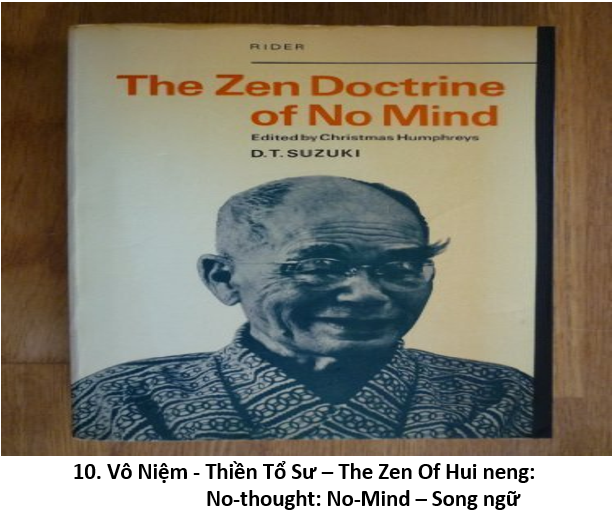
10. Vô Niệm - Thiền Tổ Sư – The Zen Of Hui neng: No-thought: No-Mind – Song ngữ
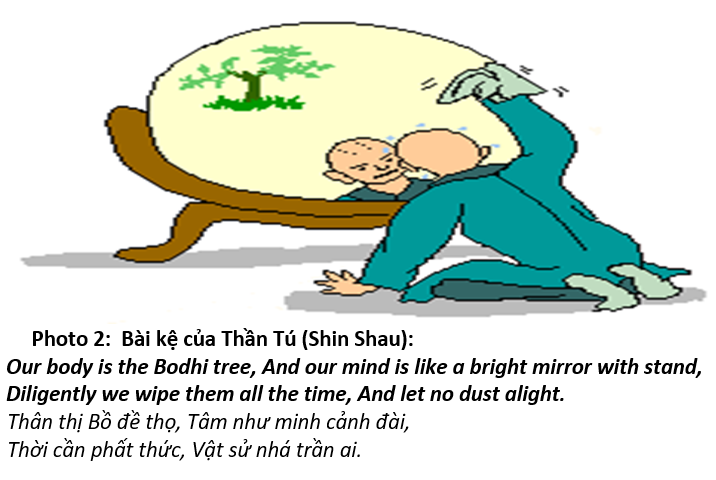
Photo 2: Bài kệ của Thần Tú (Shin Shau):
Our body is the Bodhi tree, And our mind is like a bright mirror with stand,
Diligently we wipe them all the time, And let no dust alight.
Thân thị Bồ đề thọ, Tâm như minh cảnh đài,
Thời cần phất thức, Vật sử nhá trần ai.
What distinguishes Hui-neng most conspicuously and characteristically from his predecessors as well as from his contemporaries is his doctrine of 'hon-rai mu- ichi-motsu' (pen-lai wu-i-wu). This is one of the lines declared against Shen-hsiu's gatha to which reference has already been made. The whole gatha by Hui-neng runs thus:
Điểm làm cho Lục Tổ Huệ Năng nổi bật và độc đáo, so với những vị thiền sư đi trước và đương thời, là chủ thuyết “bản lai vô nhất vật.” Đây là một câu trong bài kệ của Tổ đối chiếu với bài kệ của đại sư Thần Tú:
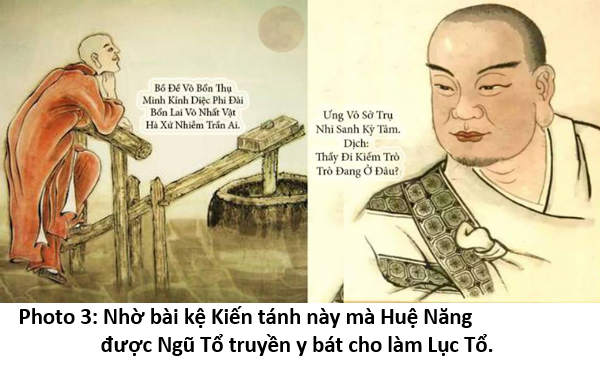
Photo 3: Nhờ bài kệ Kiến tánh này mà Huệ Năng
được Ngũ Tổ truyền y bát cho làm Lục Tổ.
There is no Bodhi-tree,
Nor stand of mirror bright.
Since all is void,
Where can the dust alight?
Bồ-đề bổn vô thọ
Minh cảnh diệc phi đài
Bản lai vô nhất vật
Hà xứ nhá trần ai.
'From the first not a thing is'—this was the first proclamation made by Hui-neng. It is a bomb thrown into the camp of Shen-hsiu and his predecessors. By it Hui-neng's Zen came to be sharply outlined against the background of the dust-brushing type of Zen meditation.
“Xưa nay không một vật” chính là tuyên ngôn đầu tiên của Tổ, là quả bom nổ vào doanh trại của đại sư Thần Tú và chư vị tôn túc của Sư. Qua câu này cương yếu Nam Thiền của Lục Tổ rõ ràng đối nghịch với pháp thiền “luôn luôn phải lau chùi.”
Shen-hsiu was not exactly wrong in his view, for there is reason to suppose that Shen-hsiu's own teacher, Hung-jen, the Fifth Patriarch, who was also Hui-neng’s teacher, had a similar view, though this was not so explicitly stated as Shen-hsiu's. In fact, Hung-jen's teaching could be construed in either way, in that of Shen-hsiu or in that of Hui-neng.
Thần Tú không hẳn là nhận định sai lầm, lý do là Ngũ Tổ Hoằng Nhẫn là thầy của Thần Tú, cũng là thầy của Lục Tổ, có cùng nhãn kiến như thế, dù không nói thẳng ra như Thần Tú. Giáo pháp của Hoằng Nhẫn có thể luận giải theo Thần Tú hoặc theo Lục Tổ đều được.
Hung-jen was a great master of Zen and from him grew up many strong personalities who became great spiritual leaders of the time. Of them Shen-hsiu and Hui-neng were the most distinguished in many ways, and the camp came to be divided between them. Shen- hsiu interpreted Hung-jen in his own light, and Hui- neng in his, and, as already explained, the latter as time went on proved to be the winner as being in better accord with the thought and psychology of the Chinese people.
Tổ Hoằng Nhẫn là một đại thiền sư và dưới cửa nhiều bậc đại đạo sư được tác thành. Trong số đó Thần Tú và Lục Tổ đều xuất cách trên nhiều mặt, và nhóm đồ chúng cũng phân hai theo hai vị. Thần Tú lý giải giáo pháp của Ngũ Tổ theo nhãn kiến của mình, Lục Tổ cũng thế, và như tôi đã trình bày, Lục Tổ là người thắng thế vì ứng hợp với tư tưởng và tâm lý người Trung Hoa.
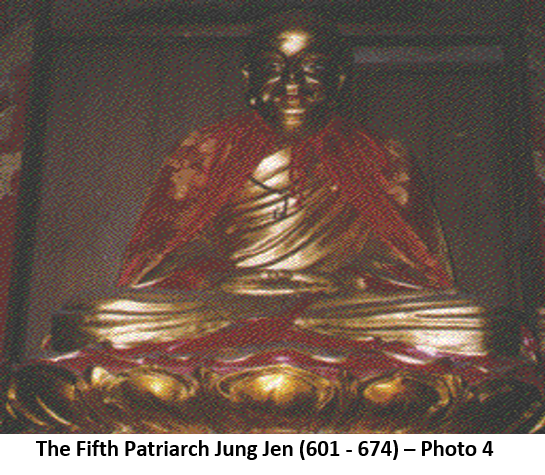
The Fifth Patriarch Jung Jen (601 - 674) – Photo 4
In all likelihood there was in Hung-jen's teaching itself something which tended to that of Shen-hsiu, for Hung-jen seems to have instructed his pupils to 'keep their guard on the Mind' all the time. He, of course, being a follower of Bodhi-Dharma, believed in the Mind from which this universe with all its multiplicities issues, but which in itself is simple, undefiled, and illuminating as the sun behind the clouds.
Hình như giáo pháp của Ngũ Tổ nghiêng theo chiều của Thần Tú, bởi vì Ngũ Tổ dạy đệ tử luôn luôn “canh chừng Tâm.” Là hậu nhân truyền thừa của Tổ Đạt-ma, dĩ nhiên là Ngũ Tổ tin vào bản tâm từ đó sinh ra sơn hà đại địa muôn hình muôn vẻ, nhưng tự tâm thì đơn sơ, bất cấu và chiếu sáng như mặt trời ẩn sau đám mây.
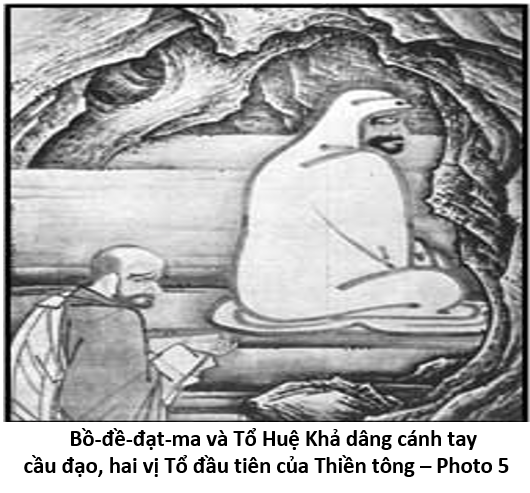
Bồ-đề-đạt-ma và Tổ Huệ Khả dâng cánh tay
cầu đạo, hai vị Tổ đầu tiên của Thiền tông – Photo 5
'To keep one's guard on this original Mind' means to keep it clear from the beclouding mists of individualization, so that its pure light may be retained intact and ever illuminating. But in this view the conception of the Mind and of its relation to the world of multiplicities is not clearly defined, and there is every probability of getting these concepts confused.
“Canh chừng Tâm” nghĩa là gìn giữ không cho mây mù của bản ngã che mờ, sao cho ánh sáng tinh thuần vẫn y nguyên và mãi chiếu sáng. Nhưng theo nhận định này thì khái niệm về bản tâm và mối tương quan giữa tâm với cảnh giới đa thù không xác định rõ ràng, và sẽ có nguy cơ phát sinh lầm lẫn.

What are you doing? I’m meditating – Photo 6
If the Mind is originally pure and undefiled, why is it necessary to brush off its dust, which comes from nowhere?
Nếu như bản tâm vốn thanh tịnh và bất nhiễm, tại sao phải lau chùi bụi bặm không từ đâu đến?
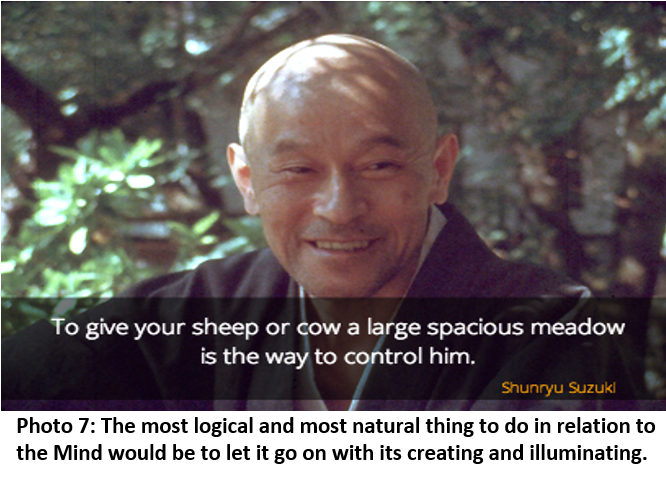
Photo 7: The most logical and most natural thing to do in relation to
the Mind would be to let it go on with its creating and illuminating.
Is not this dust-wiping, which is the same thing as 'keeping one's guard', an unwarranted process on the part of the Zen Yogin? The wiping is indeed an altogether unnecessary contrivance. If from the Mind arises this world, why not let the latter rise as it pleases? To try to stop its rising by keeping one's guard on the Mind-is not this interfering with the mind? The most logical and most natural thing to do in relation to the Mind would be to let it go on with its creating and illuminating.
Có phải sự lau chùi này không khác với sự “canh chừng Tâm,” và đối với thiền giả là việc làm không chính đáng? Sự lau chùi thực ra là một công phu không cần thiết. Nếu từ Tâm sinh khởi thế giới, tại sao không để thế giới dựng lập tùy thích? Cố không cho phát khởi bằng cách canh chừng Tâm—có phải là chống trái với Tâm không? Điều hợp lý nhất và tự nhiên nhất đối với Tâm là để mặc tình nó vận hành trong tạo tác và chiếu sáng.
Hung-jen's teaching of guarding the Mind may mean to guard on the part of the Yogin his own individual mind from getting in the way of the original Mind. But at the same time there is the danger of the Yogin's acting exactly contrary to the doctrine of non- interference. This is a delicate point, and the masters have to be quite definite about it-not only in concepts but in the practical methods of training.
Giáo pháp canh chừng Tâm của Hoằng Nhẫn có thể hàm ý là hành giả canh chừng không để cái tâm vị ngã ngăn ngại bản tâm. Ở đây cũng có nguy cơ là hành giả thực hành ngược lại với chủ thuyết mặc tình. Đây là chỗ thật tế nhị, và các vị thầy phải rất chính xác và rõ ràng đối với việc này—không phải trên mặt khái niệm mà trên công phu tu tập.
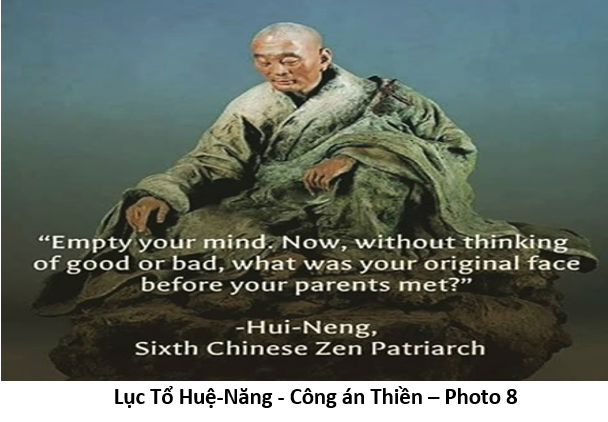
Lục Tổ Huệ-Năng - Công án Thiền – Photo 8
The master himself may have a well-defined idea of what he desires to accomplish in them pupil's mind, but the latter too frequently fails to move in unison with the master. For this reason, methods must vary not only with persons but with ages. And again, for this reason differences are more vehemently asserted among the disciples than between two masters advocating different methods.
Vị thầy phải nhận định rõ rệt về điều mà thầy muốn cho đệ tử của mình thành tựu về mặt tâm chứng, nhưng trò rất thường khi không khế hội với thầy. Bởi lý do này mà pháp tu thay đổi không những tùy theo người mà còn tùy theo thời. Ngoài ra cũng vì lý do này sự dị biệt trong hàng môn đệ còn lớn hơn nữa so với hai bậc thầy có hai pháp tu khác nhau.
Sources:
Tài liệu tham khảo:
- https://tienvnguyen.net/a820/vo-niem-no-mind
- Photo 1: https://www.abebooks.com/9780090483716/Zen-doctrine-no-mind-significance-su%CC%84tra-0090483715/plp
- Photo 2: http://www.buddhistdoor.com/OldWeb/bdoor/archive/zen_story/zen3.htm
- Photo 3: http://chuaadida.com/chi-tiet-ngai-hue-nang-dai-ngo-lanh-phap-y-bat-va-tron-lanh-nan-10082/
- Photo 4: http://1999.fosss.org:82/isis.infinet.com/rinpoche/hungjen.htm
- Photo 5: https://vi.wikipedia.org/wiki/Thiền_tông
- Photo 6: https://thienphatgiao.org/02/nam-chuong-ngai-trong-tu-thien/
- Photo 7: https://www.pinterest.de/pin/191825265357477432/
- Photo 8: http://www.shaolintemplemi.org/dajian-huineng-the-official-sixth-patriarch-of-ch’an.html


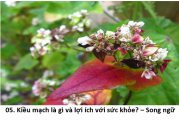
![[7-12] - Chuyện Vui Ngắn - Short Funny Stories – Song ngữ [7-12] - Chuyện Vui Ngắn - Short Funny Stories – Song ngữ](/images/resized/59b514174bffe4ae402b3d63aad79fe0_7-12._title_224_120.png)
![[13-20] - Chuyện Vui Ngắn - Short Funny Stories – Song ngữ [13-20] - Chuyện Vui Ngắn - Short Funny Stories – Song ngữ](/images/resized/fa447a14965dfd70772de1948c4d467d_13-20._title_224_120.png)
